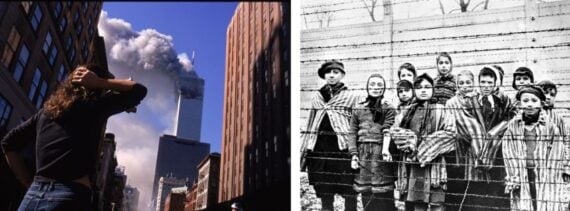Even though 2024 is a better year than previous ones, it’s fair to say that the height of the pandemic was a lot of things: traumatic, stressful, challenging, and — for far too many — heartbreaking. The extended pandemic “has been the perfect storm of stress,” says Seth Gillihan, a clinical psychologist, bestselling author, and head of therapy at the self-therapy app Bloom. “It’s brought disease, deaths, lockdowns, job losses, and financial stress, plus culture wars and bitter political divisions. The only small consolation might be that we now have better tools than we used to for dealing with it.” But even if these might have been the worst years many of us can remember, history will likely prove them to be far from the worst ever. Bloom consulted 28 American and British historians for their opinions on the most stressful years in history. The results, starting with the most recent, provide a lot of perspective.
Related: Facts You Learned in School That Are Actually Lies
2001
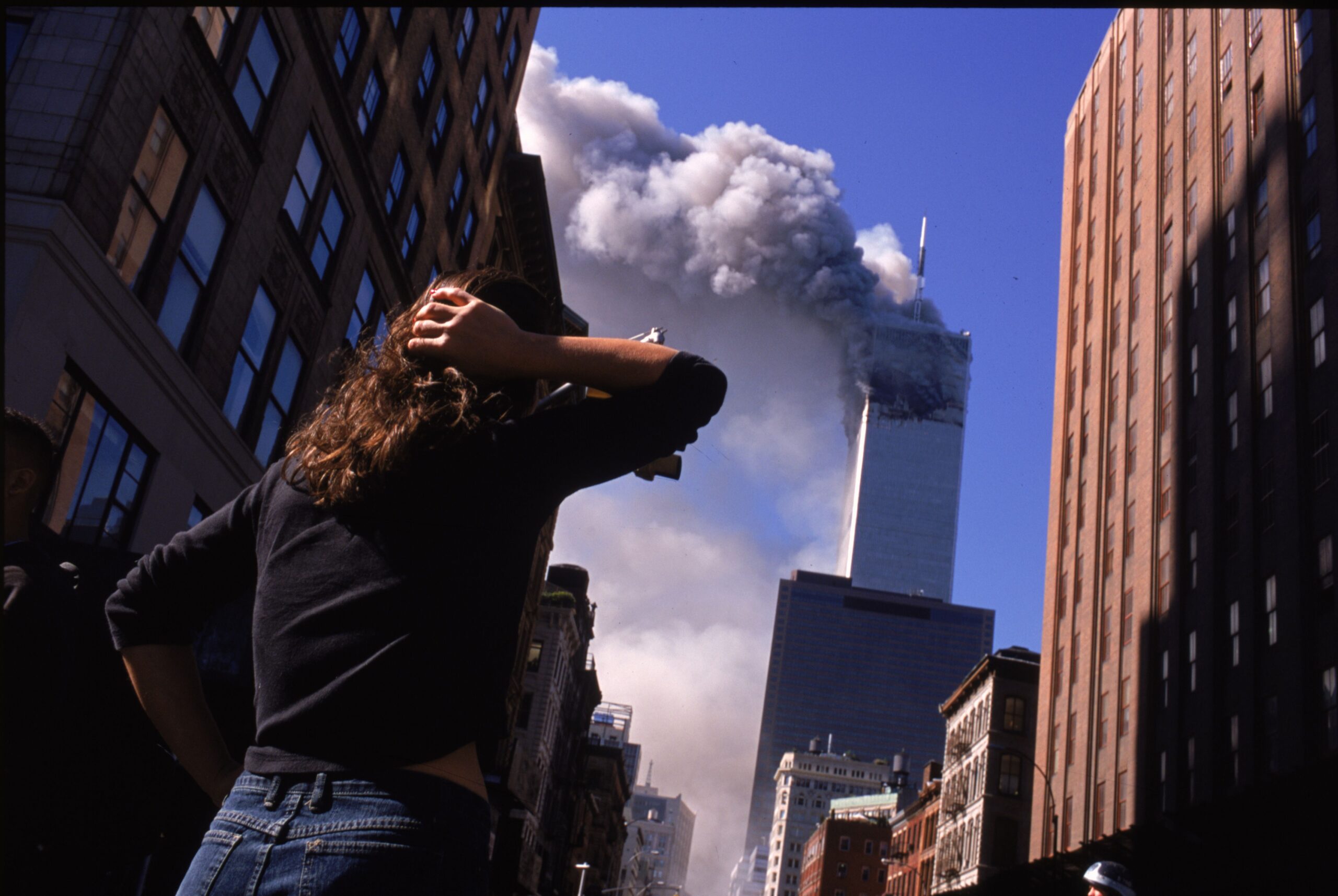
Related: The American Flag’s Most Iconic Moments
1968
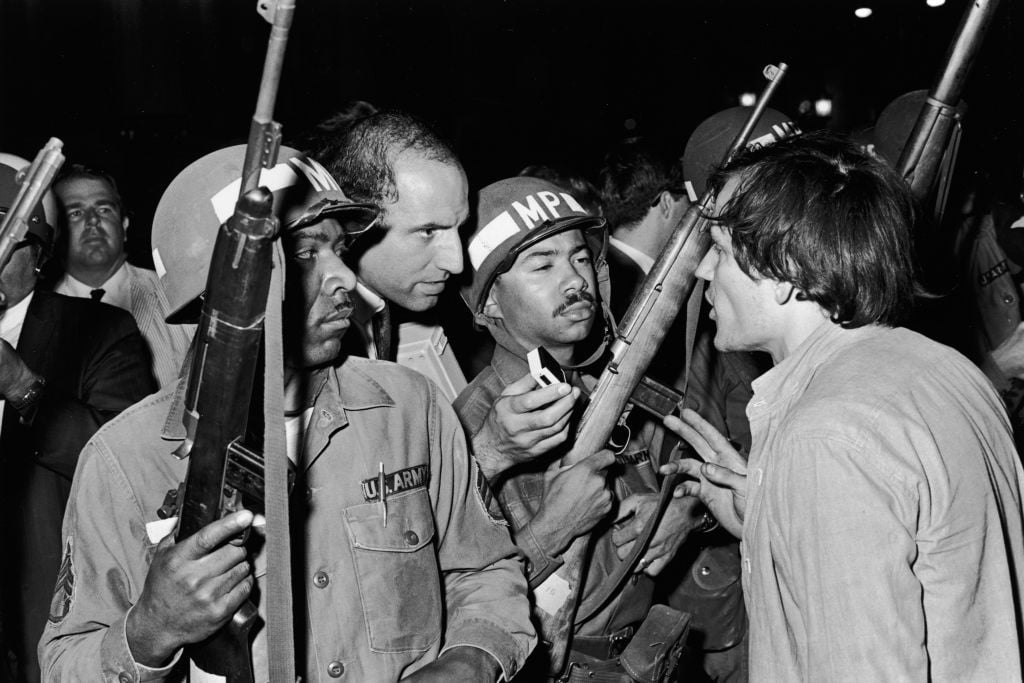
A pivotal year for the Vietnam War and the civil rights movement, 1968 is remembered for unrest that resulted in riots and protests in many U.S. cities, including Washington, Chicago, Detroit, Baltimore, and Cincinnati. It also saw the assassinations of Martin Luther King Jr. and Robert Kennedy.
Related: Things You Didn’t Know About Martin Luther King Jr.
1962

Related: Destinations That Defined the 1960s
1944
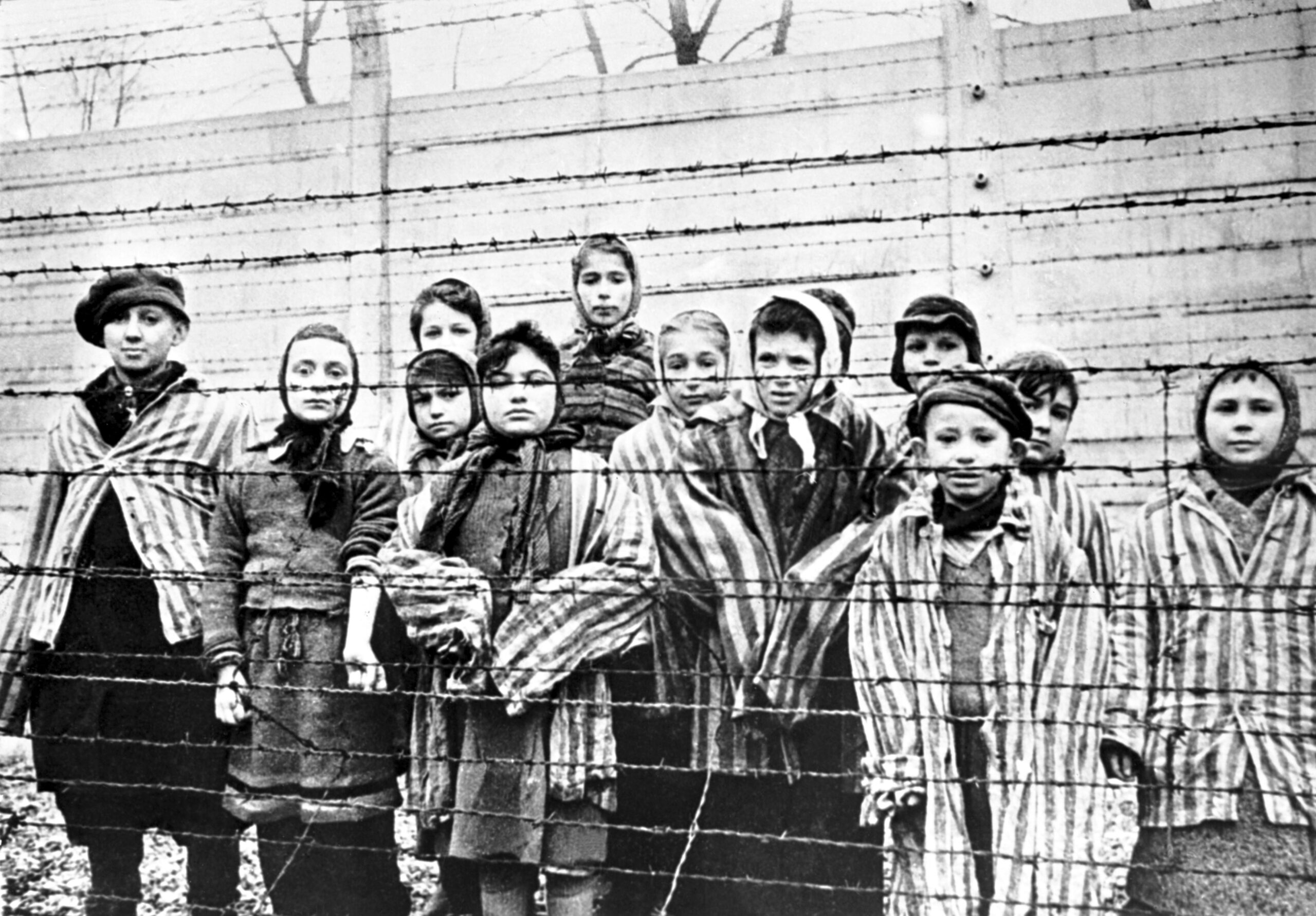
In world history, this year ranks among the worst. The Holocaust was at its height, and much of the world was engulfed in war. In a period spanning mid-May to early July of this year alone, about 437,000 Jews were deported from Hungary to concentration camps, mostly to Auschwitz, where a vast majority were murdered.
1929
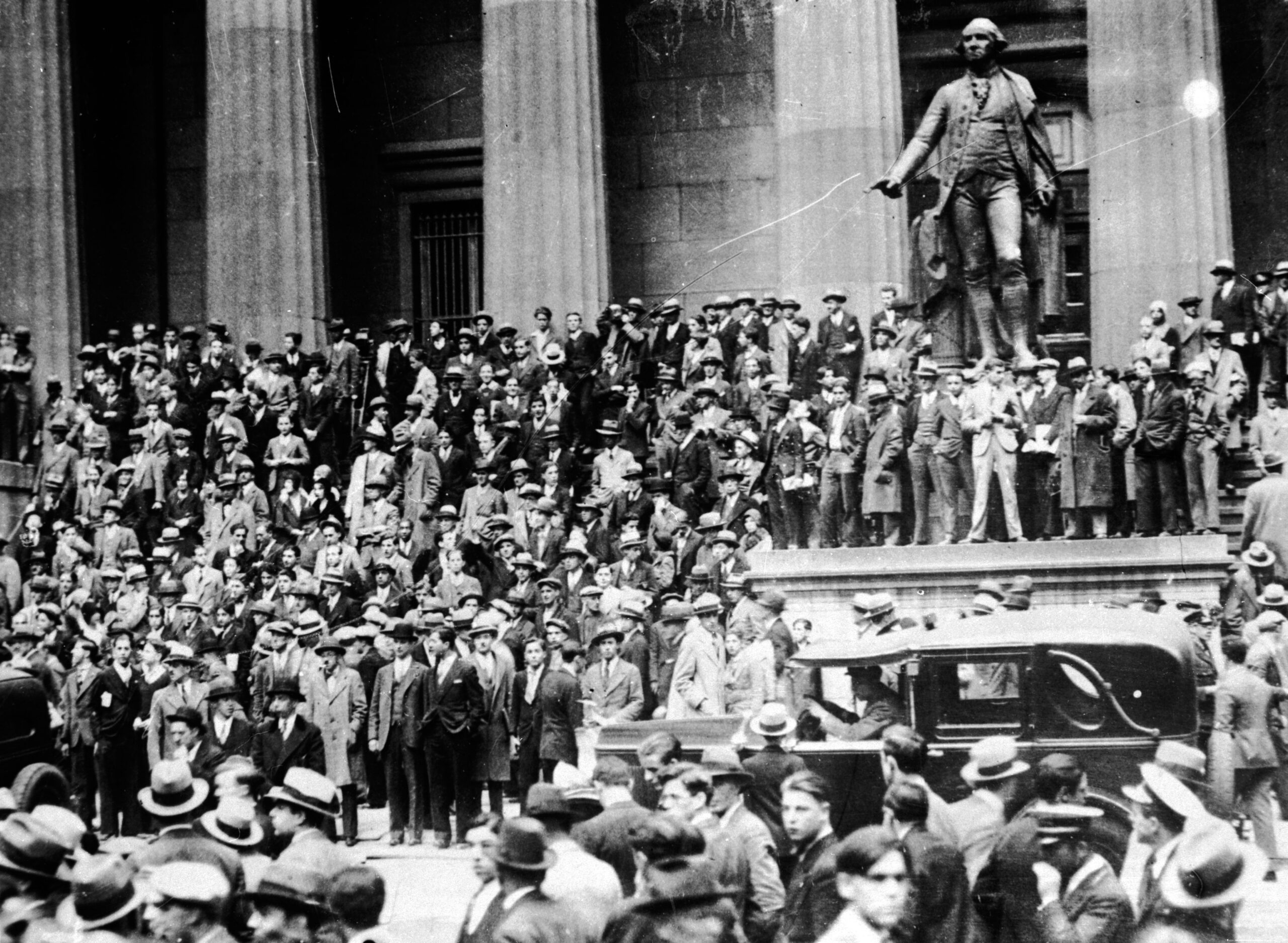
In the fall of this year, the worst stock market crash in U.S. history occurred, kicking off the Great Depression, which would last nearly a decade and fuel misery and hardship for many Americans for years.
Related: Things We Can Learn From the Great Depression
Trending on Cheapism
1919
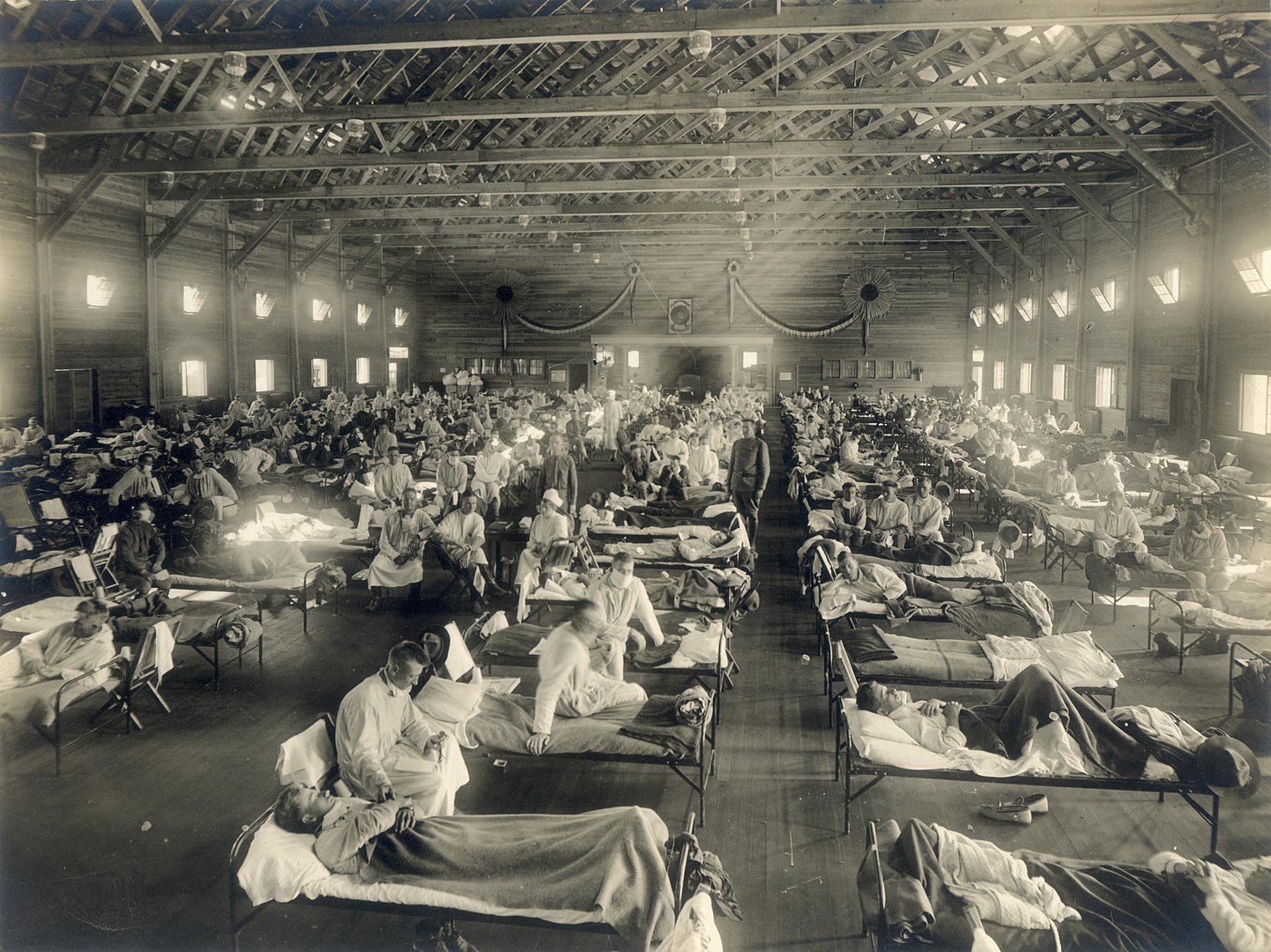
1862
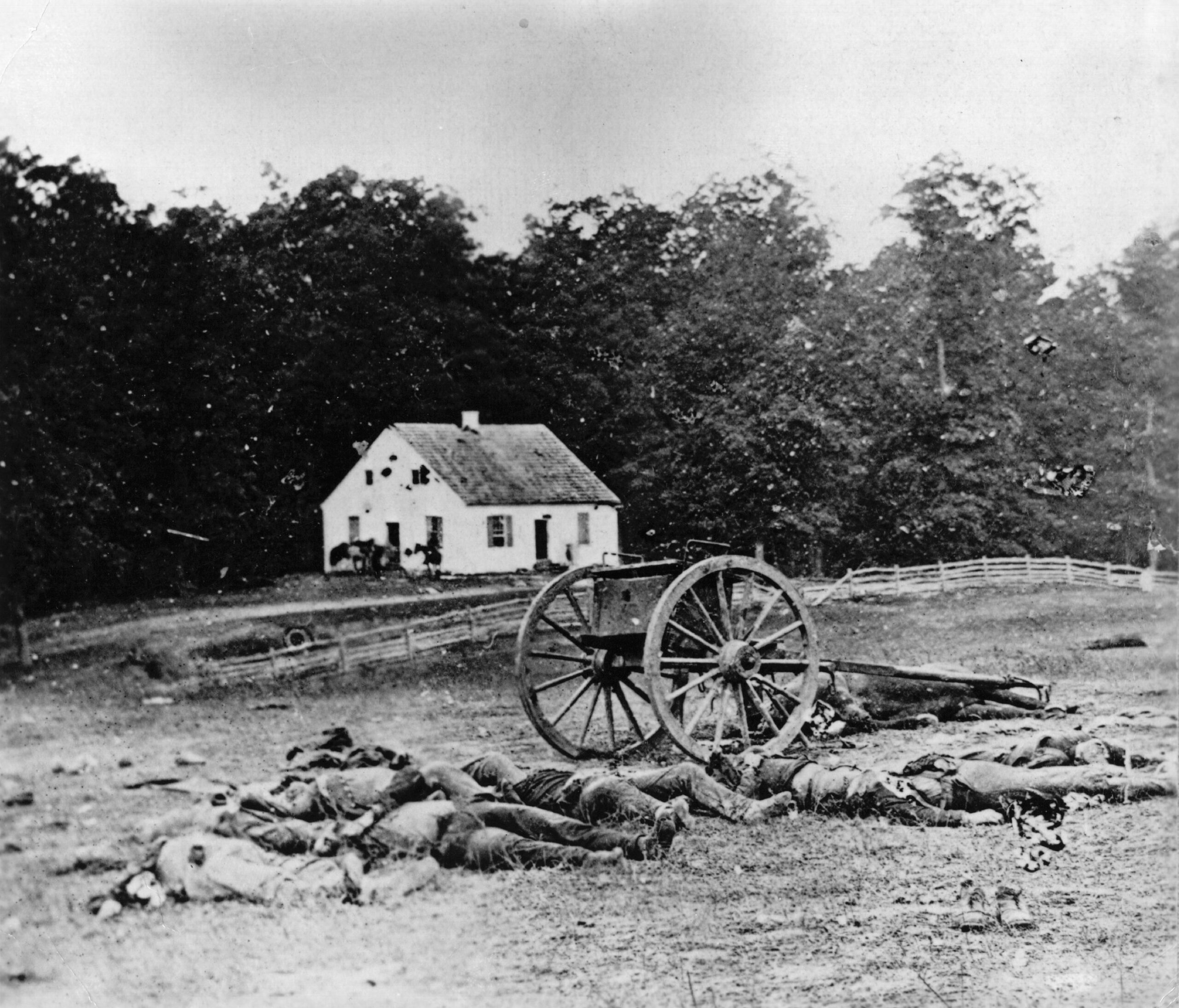
Related: Photos of Awe-Inspiring Memorials and Other Places Honoring Our Vets
1838
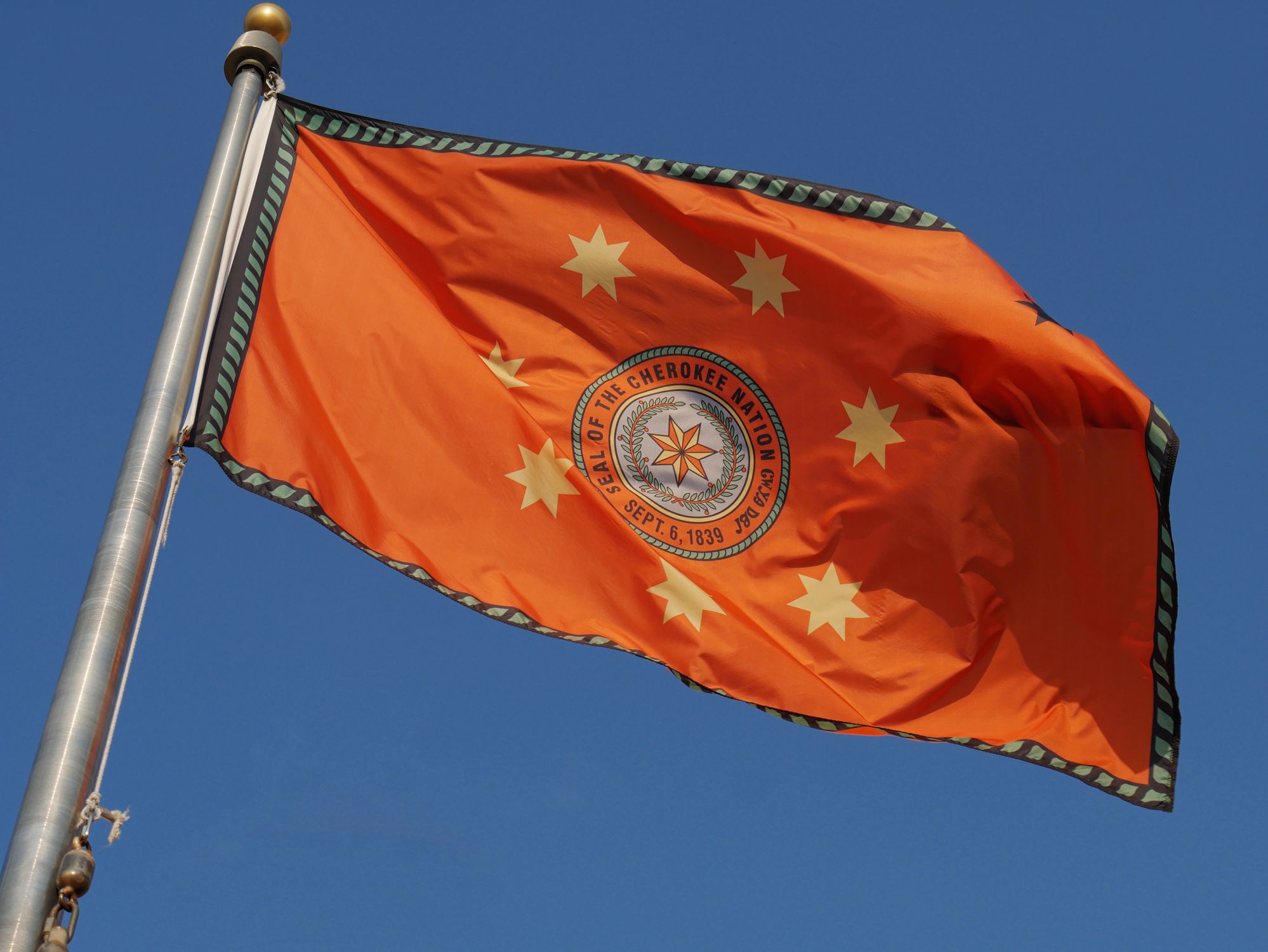
Related: The Deeper Meaning Behind Route 66
Sign up for our newsletter
1816
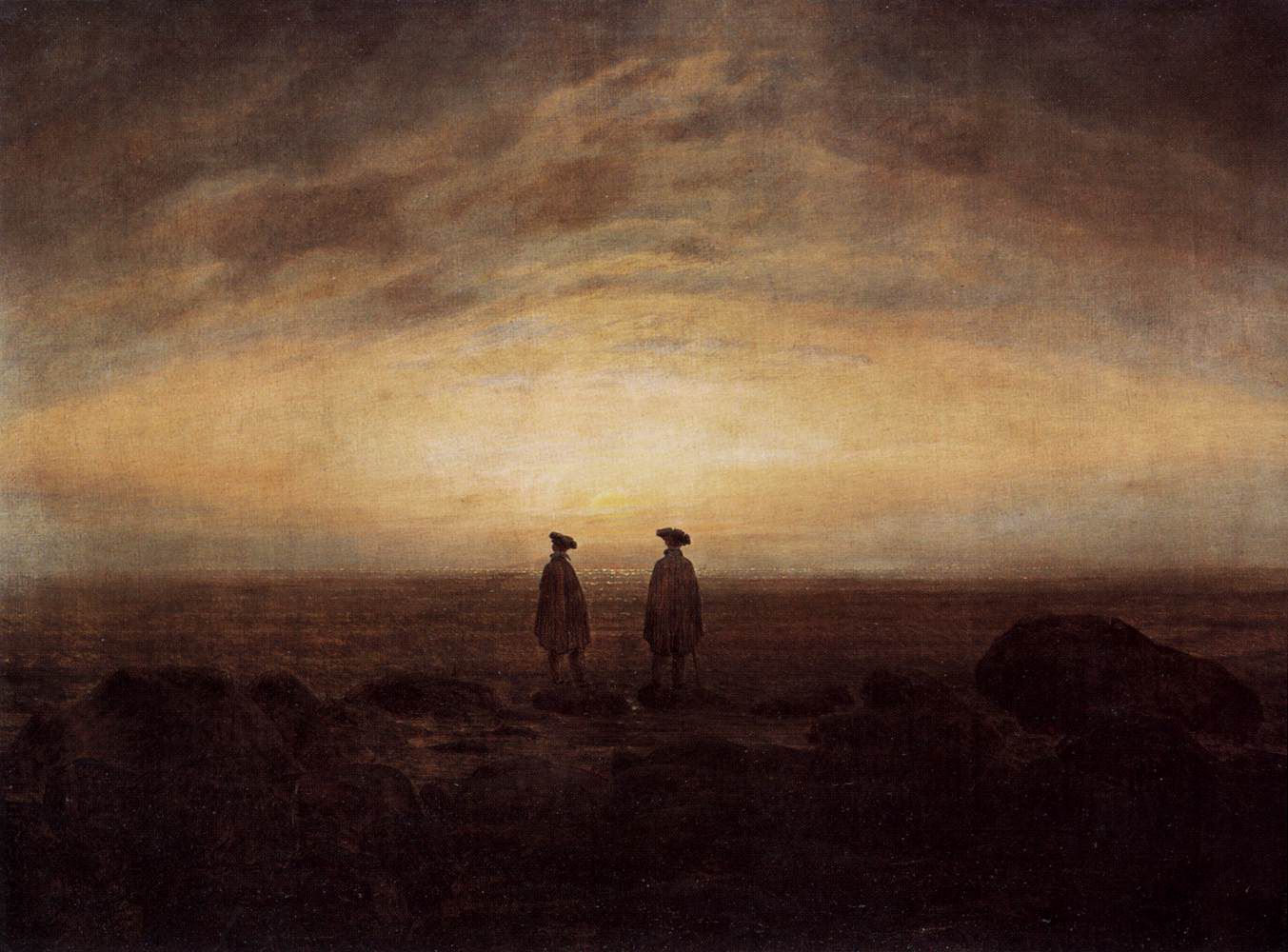
This is often called “The Year Without a Summer” after the massive 1815 eruption of Indonesia’s Mount Tambora. The millions of tons of dust, ash, and sulfur dioxide spewing into the air resulted in harsh climate abnormalities that caused the coldest summer on record between the years of 1766 and 2000. The outcome: major food shortages and starvation across the Northern Hemisphere, most acutely in New England, Atlantic Canada, China, and parts of western Europe.
Related: The Deadliest Hurricanes and Other Natural Disasters in the United States
1644
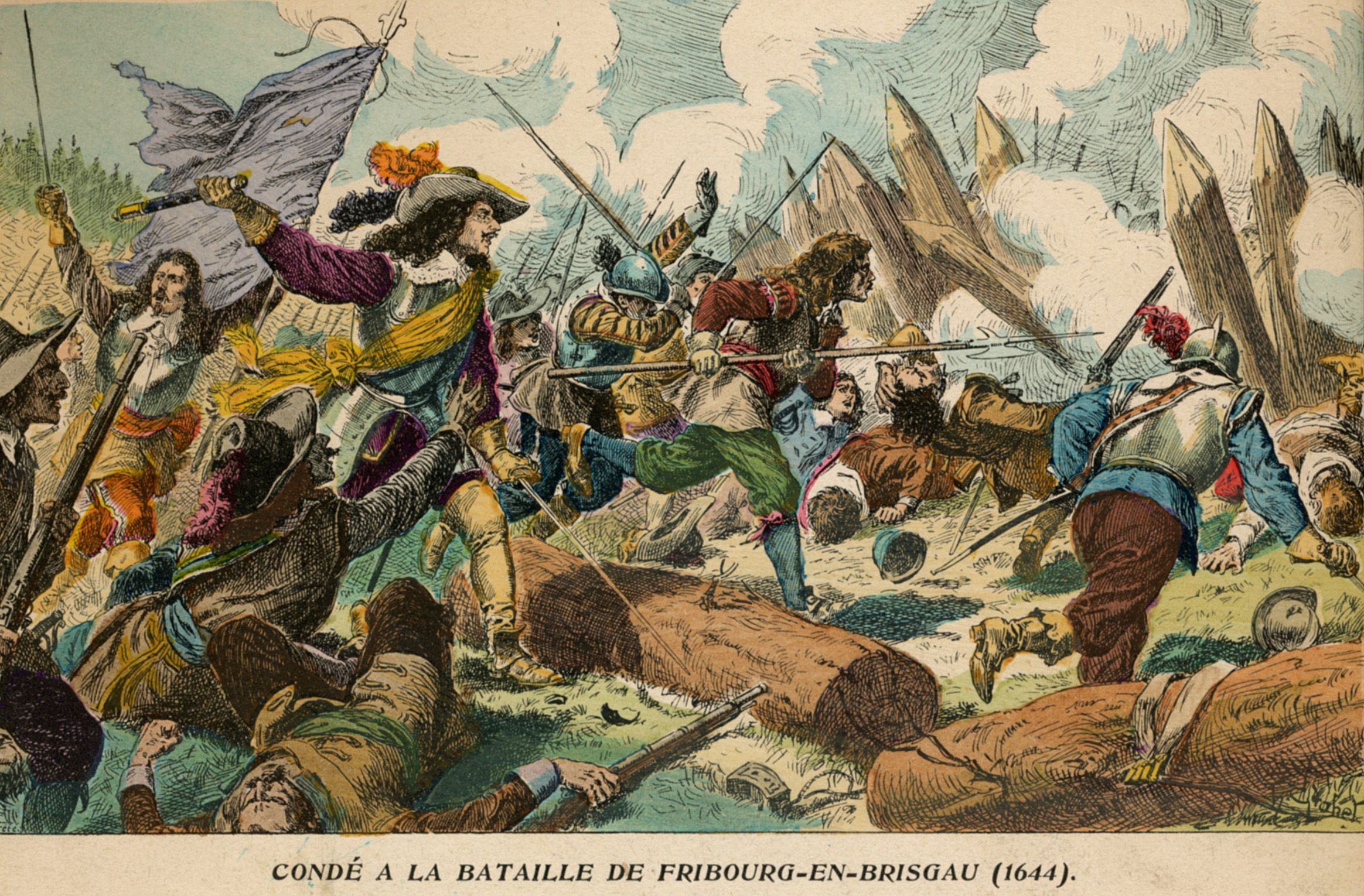
This was a turbulent year for much of the world. The Thirty Years’ War continued to rage in Europe (death estimates for that war range from 4.5 million to 8 million). In China the nearly 300-year-old Ming Dynasty collapsed, due to a number of factors that included natural disasters, economic crisis, peasant uprisings, and more.
410

Although it’s chronologically out of order on our list — we’re saving the worst for last — 410 marked the first time in almost 800 years that Rome fell to a foreign enemy. Many believed that the sack of Rome by the Visigoths foretold the end of the world.
1348
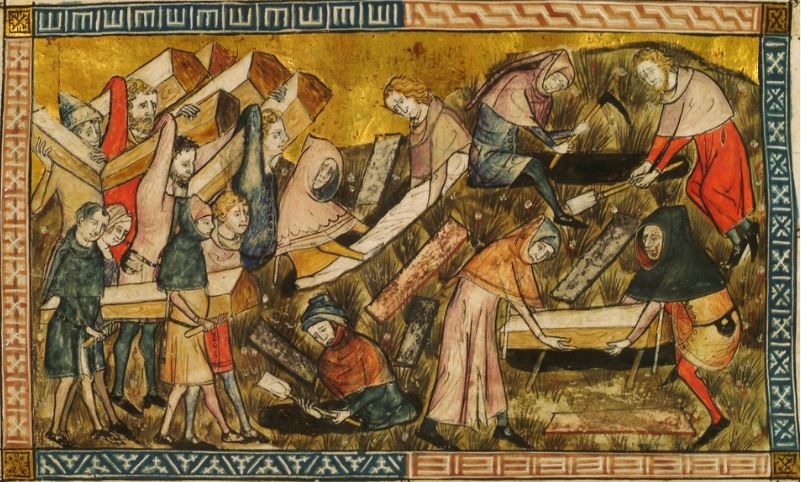
COVID-19 is awful, but it doesn’t hold a candle to the Black Death, which peaked in this year, killing a third of the European and Middle Eastern population, with a final tally of up to 200 million. This was the year that most of the historians consulted chose as the one “likely to have been the toughest, most difficult, and stressful individual year for those who lived through it,” says Parker, who served as consultant historian on Bloom’s study. “The devastation wrought by the Black Death in 1348 was so absolute that it was hard to choose any other year as the worst in world or British history.”
